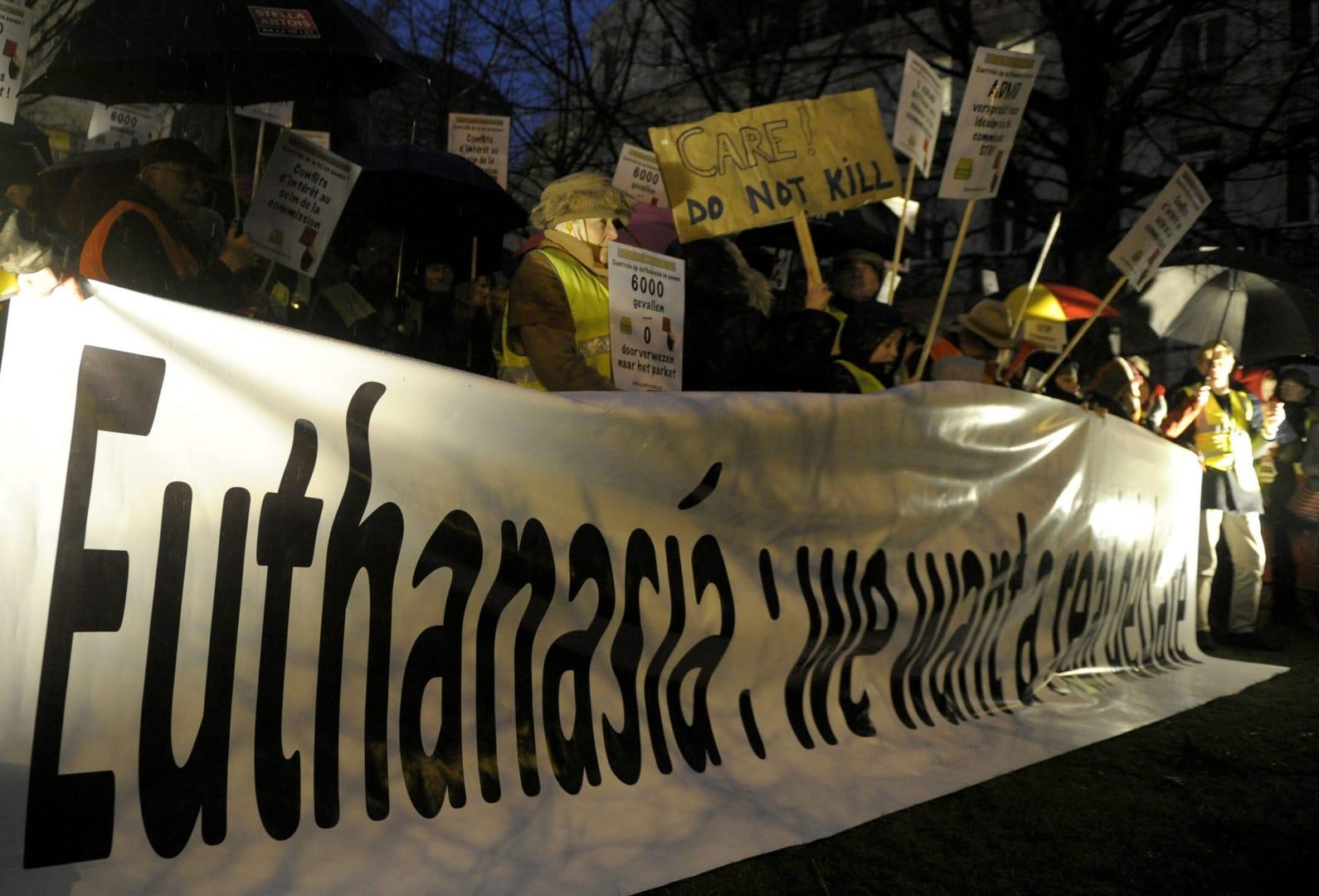NEW YORK — A proposal to loosen regulations on euthanasia in Canada is “deeply flawed, unjust, and morally pernicious,” according to the nation’s bishops.
The Canadian Conference of Catholic Bishops (CCCB) remarks came in a letter to members of the Canadian Parliament about Bill C-7: An Act to Amend the Criminal Code, which would make it easier to get euthanasia and assisted suicide in the country.
The CCCB disapproves of the bill because it removes the “reasonable foreseeability of natural death” criterion from the Criminal Code, expanding the number of people who could apply for a medically assisted death.
The bill would also allow patients whose deaths are “reasonably foreseeable” to waive final consent – making it harder for them to formally change their decision to end their lives at a later date if they’ve since been impaired.
“The proposed legislation of Bill C-7 remains deeply flawed, unjust, and morally pernicious. The Bishops of Canada continue to call on Catholics and all people of good will to make their voices heard in opposition to this bill,” the CCCB said in a Nov. 12 statement.
The statement also calls for Canadian legislators to remind themselves that any law that takes an innocent human life cannot be morally justified.
The bishops also noted the lack of quality and accessible palliative care for all Canadians, adding that improving such access is the “compelling answer” to end-of-life questions.
“When sufficient emotional, psychological and spiritual support is lacking, individuals are not truly free to choose appropriate medical care options and thus are led to having no other alternative than the tragic failure presented by euthanasia and assisted suicide,” the bishops’ letter continues.
“(Palliative care) alleviates pain, addresses loneliness, fear, distress, and despair in a compassionate manner through the support of family and community.”
In addition, the bishops point to diminished living situations at senior residences and assisted living facilities through the COVID-19 pandemic. Their letter questions how the government can expand euthanasia and assisted suicide when it knows many are in a compromised state of mind because of the pandemic. It goes as far as to say the government could use “medical assistance in dying” as a reason to save money from improving palliative care or the healthcare system.
“Already there are concerns and complaints from vulnerable Canadians that they are being pressured by healthcare providers and even family members to choose ‘MAID’ as a simpler and less expensive option and in doing so become less of a burden for others,” the letter reads.
The bishops also note that over 50 religious organizations and faith leaders have opposed the change to Canada’s euthanasia law.
Bill C-7 is the federal response to the September 2019 Superior Court of Quebec decision in Truchon v. Attorney General of Canada. The decision declared the requirement that a person is eligible for “Medical Assistance in Dying” only if natural death was “reasonably foreseeable” went against the Canadian Charter of Rights and Freedoms.
Hearings on the bill began Thursday.
Follow John Lavenburg on Twitter: @johnlavenburg














